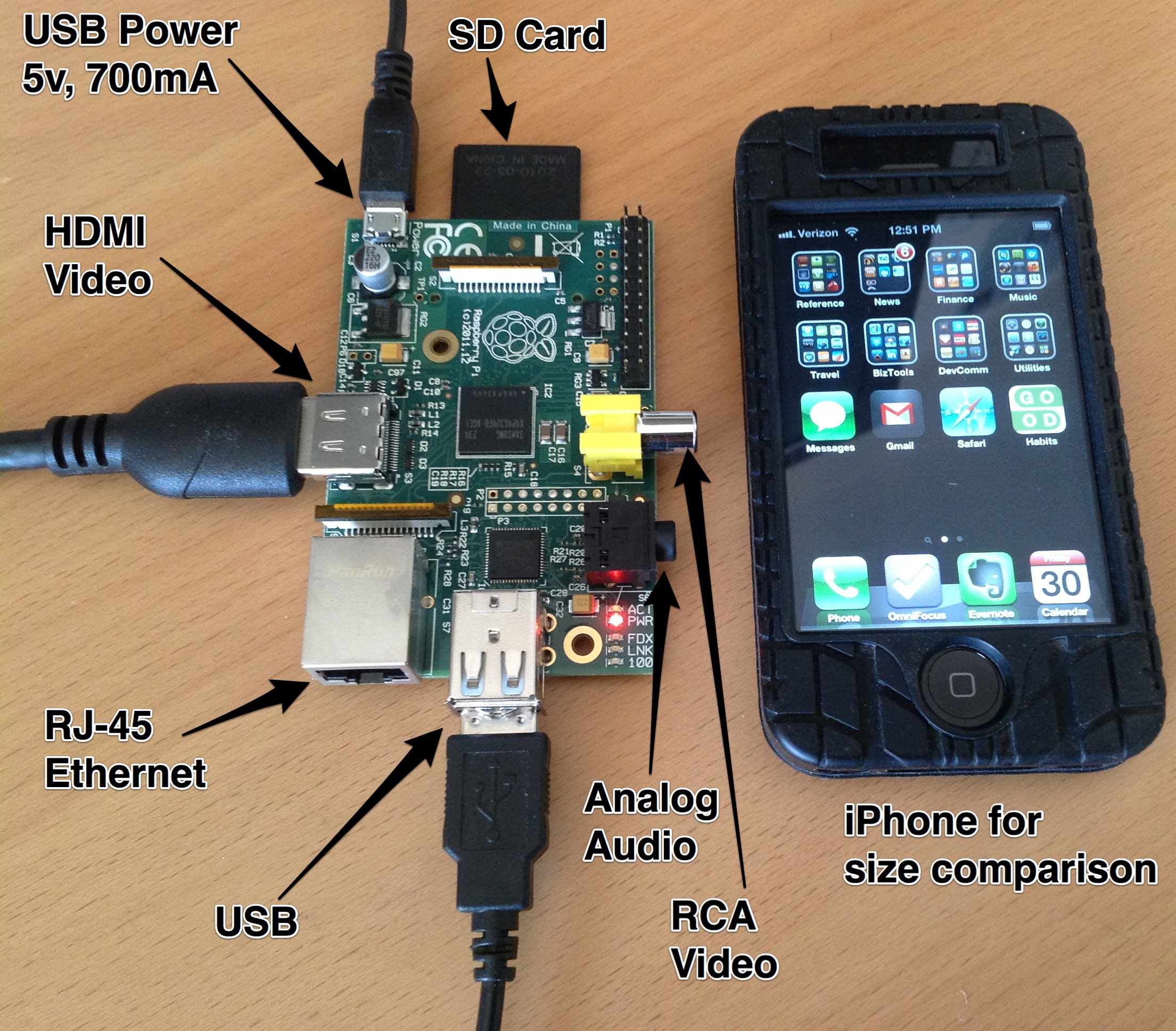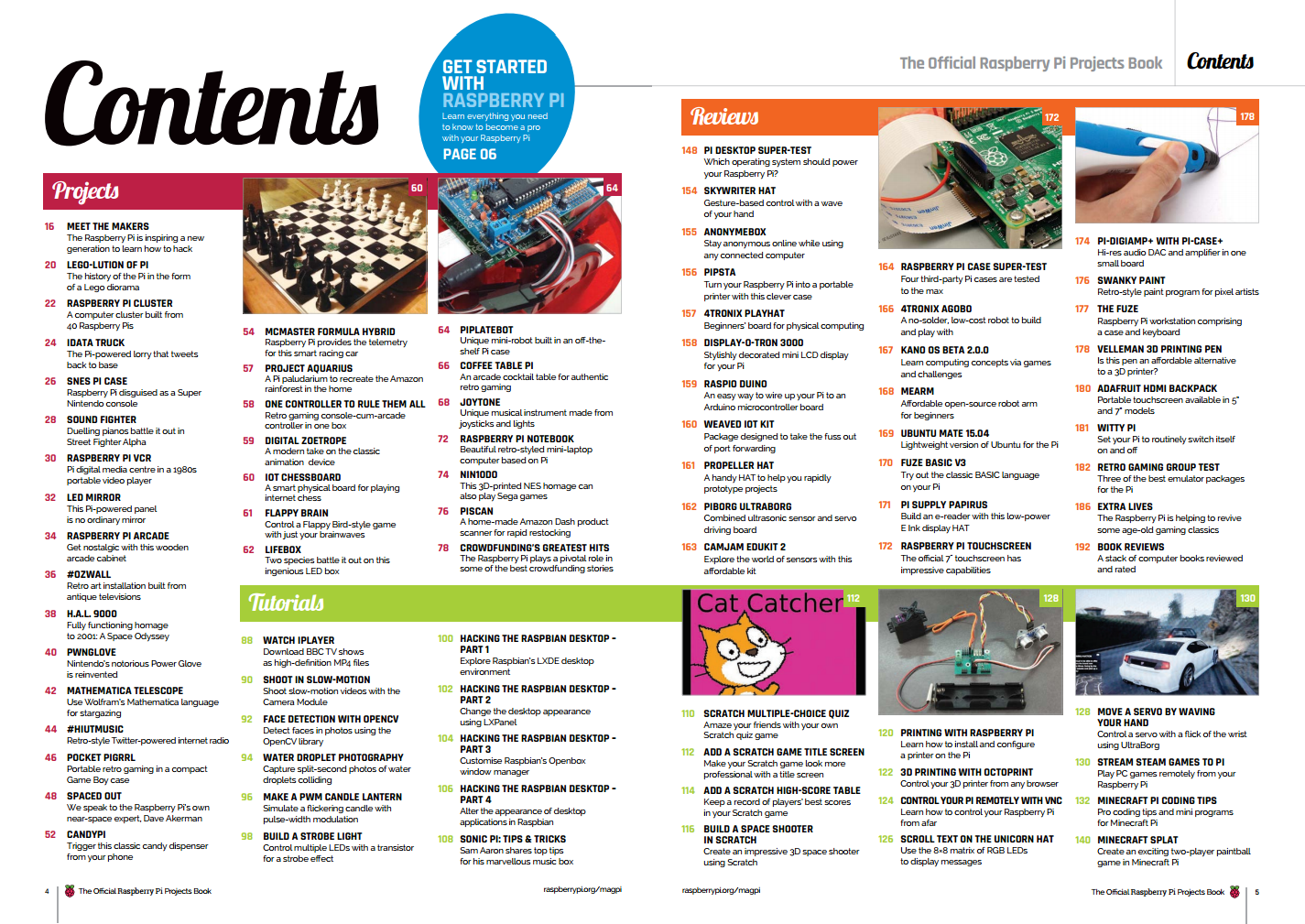The era of the $5 computer has arrived.
The latest version of the Raspberry Pi is even being given away free with a magazine. Not a subscription. Just buy the single issue of Magpi and you get a free computer.
The devices have hobbyists and entrepreneurs excited about the possibilities of Pi.
Ben Z. Cooper is using one as the brains behind a spectacular light show at Vancouver's VanDusen Gardens.
"You wave your hand in the air and control a whole grove of maple trees lighting up," Cooper told CBC News as he displayed his invention.

Jon Grieman is using the Raspberry Pi as the brains behind a pinball machine he's developing at Vancouver Hackspace (Chris Corday, cbc)
A partner in Hfour design studio, he used a customized version of the Pi to interpret signals from infrared sensors and send them to a series of powerful spotlights beneath individual trees.
It's called the Light Wave and users simply move their hands over a series of sensors to trigger different lights, similar to conducting a symphony of lights.
Cooper is a big fan of cheap computers.
"It's just incredible. what we're using today in the Light Wave would have cost us 10 times as much 10 years ago. It lets us put a little computer inside of an object and just leave it there."

Hackspace director Rob Mackenzie holds a Raspberry Pi. New versions are just $5 and have 512MB of SDRAM, a micro-SD card slot, a mini-HDMI socket for video output and micro-USB sockets for data and power. (Chris Corday, CBC)
Behind it all is the Raspberry Foundation, a U.K. charity dedicated to computer education and cheap technology. The latest Raspberry Pi, called the Zero, is part of a movement that combines inexpensive hardware, collaboration and open source software to drive prices down and create an explosion of new uses for computers.
One place keen on the ultra cheap computers is Hackspace, a place where hobbyists meet to swap ideas and work on technology projects in Vancouver.
Hackspace director Rob MacKenzie has one of the devices hooked up to a monitor and keyboard to show that, at its heart, the Pi can handle word processing and web browsing like far more expensive computers.

Alongside the gum and chocolate bars, computers such as the Raspberry Pi are available in the vending machine at Vancouver's Hackspace. (Chris Corday)
Nearby, inside a vending machine alongside Snickers bars and other junk food, is a row of cheap computer parts including earlier versions of the Raspberry Pi.
"I'm definitely waiting to get my hands on some of the $5 ones. They're really hard to get right now. They've been sold out everywhere I can see, but they're pumping them out as fast as they can."
Hackspace member Jon Grieman is using a Pi as the brains behind a futuristic pinball machine he's designing.
He says it brings powerful computing down to mere pocket change.
"It's a cup of coffee. I can have a couple sitting in a box and when I need one pull it out and leave it in a project."
Another project looks like an old time wooden camera, but is, in fact, a very modern automated selfie machine on steroids capable of instantly posting pictures to a big screen or direct to the internet.
Builder Luke Cyca welcomes the new, cheaper computers.

Luke Cyca , a Hackspace member showing off his camera that looks old fashioned but is powered by a Raspberry Pi, for selfies on steroids.
"In terms of price it's wonderful, I wouldn't be able to justify buying a computer to dedicate to this project which I've used only a handful of times."
And looking online at what people are doing with the little devices it's clearly a wide, sometimes weird, life of Pi.





